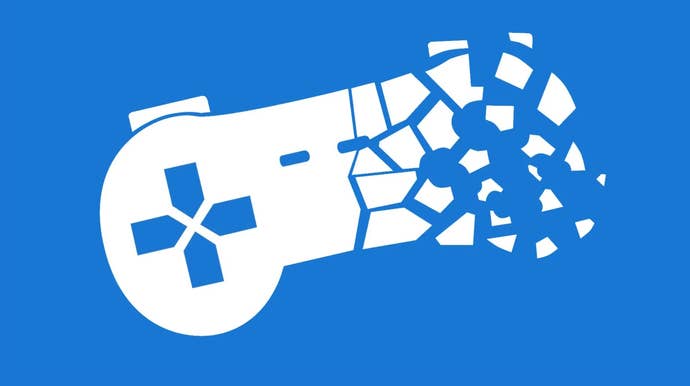The EU petition titled "Stop Killing Games" has surpassed 1.2 million signatures, leading to a reaction from Video Games Europe

The consumer initiative, Stop Killing Games, aims to highlight the decline of online media and has gained substantial traction, prompting a response from Video Games Europe, a body representing responsible gaming ecosystems.
According to the Stop Killing Games website (source: PC Gamer), numerous video games are sold without an explicit expiration, yet they become unplayable once publisher support is withdrawn. This is considered a form of planned obsolescence, negatively impacting consumers and impeding game preservation, with legal implications that remain untested in various regions.
With over one million signatures collected in the "European Citizens' Initiative," notwithstanding some doubts about the authenticity of the signatories as noted by PCG, Video Games Europe has issued a response.
The organization acknowledged the community's enthusiasm but emphasized that shutting down online services involves complex decisions that are not made lightly. They stressed that businesses need the ability to discontinue services that are no longer financially feasible, while assuring that players receive appropriate notice as per local consumer protection regulations.
The organization further noted that private servers are not always feasible for players because safety measures like data protection, illegal content removal, and safe community engagement might be absent, exposing rights holders to risk. Additionally, certain game designs necessitate an online-only format, making the proposed restrictions a potential hindrance to game development due to increased costs.
Video Games Europe expressed a willingness to engage in discussions with policymakers and leaders of the European Citizens Initiative in the future.
On the UK side, a parallel petition, which reached 10,000 signatures by February, compelled a governmental response. While the UK Government acknowledged the concerns regarding video game operability and digital content lifespan, it does not intend to alter current consumer laws regarding digital obsolescence. It has, however, committed to ongoing monitoring by the Competition and Market Authority (CMA).
Since then, the UK petition has surpassed 170,000 signatures, qualifying it for parliamentary debate.